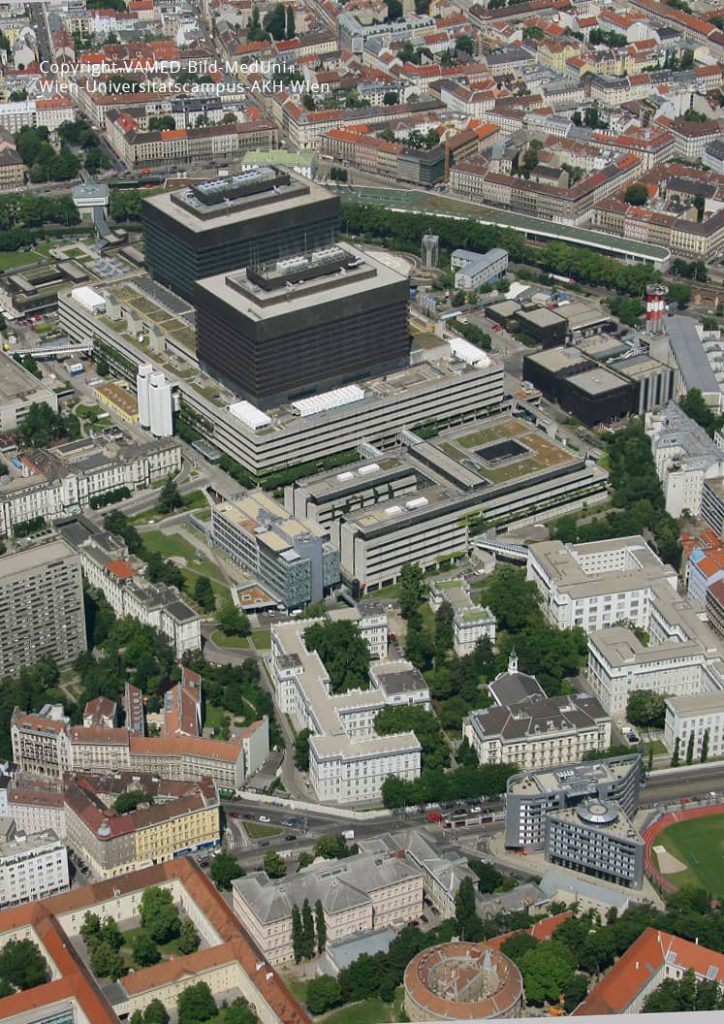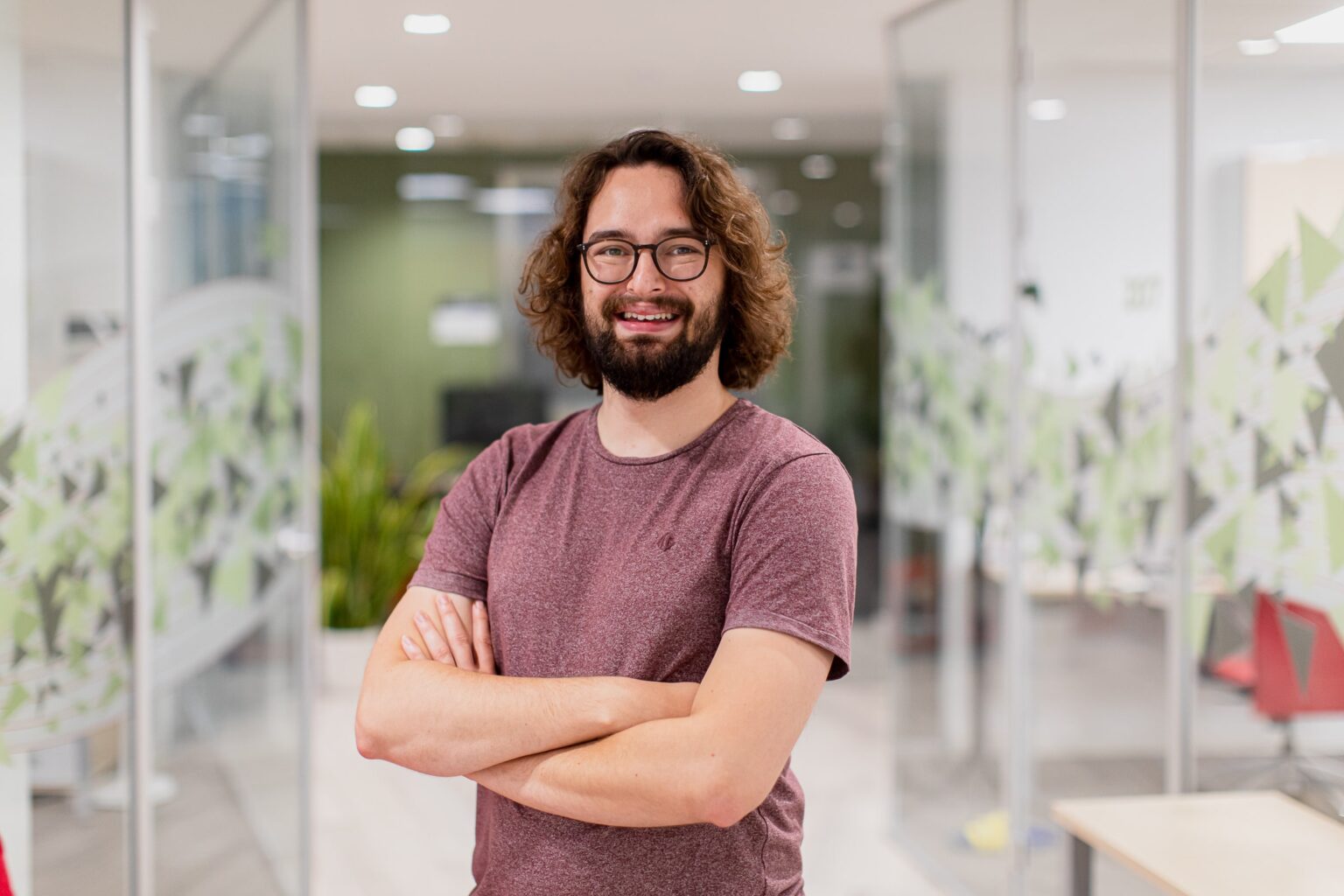Development of an end-to-end test workflow for all RAPTOR real-time adaptive PT components
Planned secondments: UMCG (Groeningen), visits to multiple beneficiaries and partners.
Project description
The aim of this PhD project is to extend currently established static dosimetric end-to-end testing procedures by developing phantoms mimicking real-time adaptive proton therapy conditionsand conducting end-to-end tests for all RAPTOR real-time adaptive proton therapy components.
Core activity is the development and experimental validation of a novel 4D anthropomorphic phantom. The functional requirements and specifications for the purpose-built phantom and the workflows to be covered will be formulated in cooperation with other students and peers in the RAPTOR project. Additionally, the advancement of dosimetry procedures dedicated to the assessment of real-time adaptive proton therapy will be of highest importance.
All experiments and dosimetric validations will be executed in the synchrotron accelerated proton beam at MedAustron.
The most important aspects in the phantom and workflow development are (1) reproducibility of the phantom movements and organ deformations; (2) simplicity of dosimetric procedures applicable at any proton facility and compatible with all potential imaging systems; (3) reconcilableness of the developed components of a real-time adaptive particle therapy workflow with the clinical requirements. Once all components are ready the complete end-to-end test will be tested by multiple beneficiaries and partners .
The PhD student will be hosted by the Department of Radiation Oncology at the Medical University of Vienna (MedUniVienna) under the supervision of Professor Dietmar Georg.
The MedUniVienna is one of the most traditional medical training and research facilities in Europe with about 8,000 students. Oncology and cancer research as well as medical imaging represent two of its six key focal areas (so called “research cluster”) of research. At present the MedUniVienna offers more than 10 thematic PhD programs which are all held in English. The described PhD project will be assigned to the Medical Physics program.
As far as particle therapy is concerned, the MedUniVienna is closely collaborating with the Austrian Proton- and Ion beam Center MedAustron. Due to this collaboration the PhD student will have (1) free access to a research beam-line for protons and carbon ions including on-line imaging for adaptive ion beam therapy, research treatment planning system for protons and carbon ions; (2) fully equipped Medical Physics and IT/software laboratories and (3) mechanical workshop, dedicated machines and materials for phantom construction.
For more information concerning the research project please contact: Dietmar Georg


Jacob Brunner
Early-Stage Researcher at Medical University of Vienna
I am Jacob Brunner, he/him, 24 years old from Germany and I started by PhD in Medical Physics at the Medical University Vienna under the supervision of Barbara Knäusl. I received my Masters in Medical Radiation Sciences from the TU Dresden. In my free time I like to go ballroom dancing and doing club sports (previously Baseball and Judo). I also enjoy cultural activities like theatre, museums, opera, as well as a lively nightlife. Vienna has plenty to offer in that regard and I am looking forward to taking her up on those offers in the future!
The title of my Project is »Development of an end-to-end test workflow for all RAPTOR real-time adaptive PT components«. We focus on implementing an end-to-end test and developing an appropriate phantom for the components my fellow ESRs will develop. End-to-end tests are an important step a radiotherapy facility performs before they implement a new treatment. To assure the innovative techniques developed for adaptive particle therapy work as intended, will also require building a phantom tailored to the needs of novel treatment options.
Something which drove me to this project in particular is working closely with the other ESRs. I love asking other people about the ins and outs of their work. »How does that work? Can you be sure about that? Where would this process fail?« – future me to another ESR, probably. Being curious about other peoples work is basically in the job description, which motivates me to deliver good work at the end of the day!

Medizinische Universitat Wien
PROJECT BENEFICIARY
The Medical University of Vienna is one of the oldest medical training and research institutes in Europe. The Department of Radiation Oncology is embedded in the Universities’ focal research areas of oncology and cancer research as well as medical imaging.


